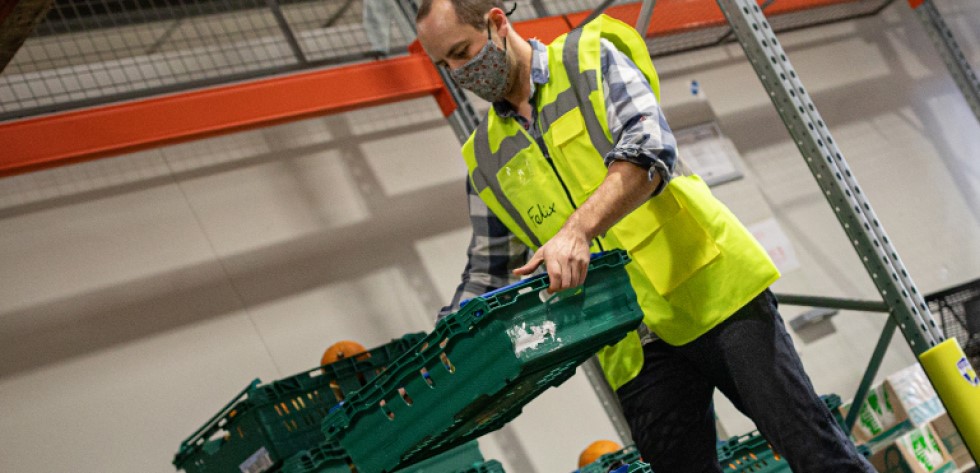A new guide has been released by the Institute of Grocery Distribution (IGD) to encourage manufacturers to take urgent action on the amount of surplus food being redistributed.
This will be the first step in IDG’s programme of work to mobilise the industry on the issue. In June, the next phase will see the introduction of an online redistribution resources hub for businesses.
Susan Barratt, IGD CEO, stressed that as one in six people across England, Wales and Northern Ireland are experiencing food insecurity, the industry could do even more to support the charities and community groups that supply food to people in need.
“Driving efficient supply chains and reducing waste is a priority for business, as it makes good financial sense and helps reduce the impact on the planet,” she said. “However, most supply chains will produce an element of food surplus. We, and the industry, are keen to ensure that this food surplus reaches the organisations that can distribute the food to those that need it most.”
She added: “Food waste reduction and food surplus redistribution can also play a key role in helping the food industry deliver its net zero climate change commitments. It can save businesses money, generate revenue, drive colleague engagement and build further trust and support for our industry – a compelling business case for us to get behind.”
The guide has been launched with Ben Elliot, food surplus and waste champion for Defra, and WRAP.
After talking to industry partners, IGD has identified five stages for successfully accelerating food surplus donations in a manufacturing business:
- Provide leadership and establish governance
- Identify levels and types of surplus
- Select redistribution partner(s)
- Revise processes and policies
- Embed processes and continually review
IGD welcomes feedback on the guide, Maximising Food Surplus Redistribution: A Guide For Food Manufacturing Businesses, which can be downloaded from the IGD website.









